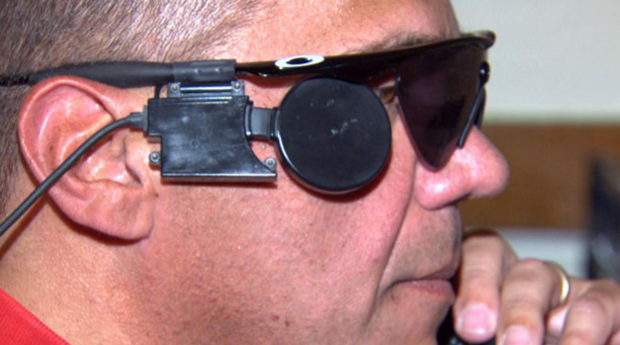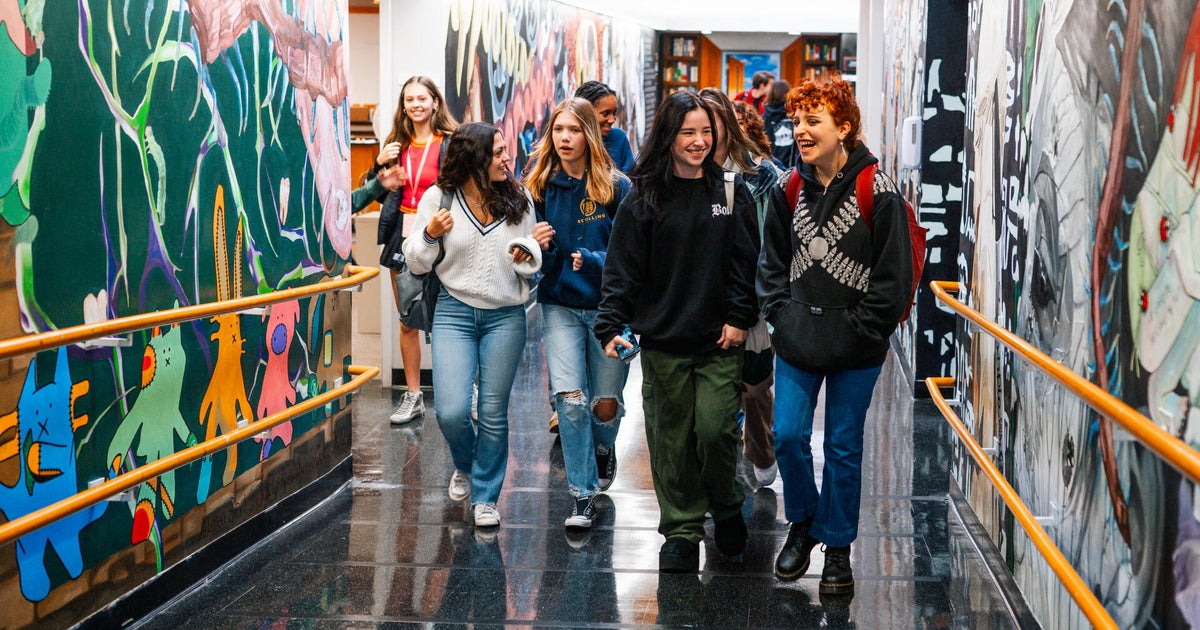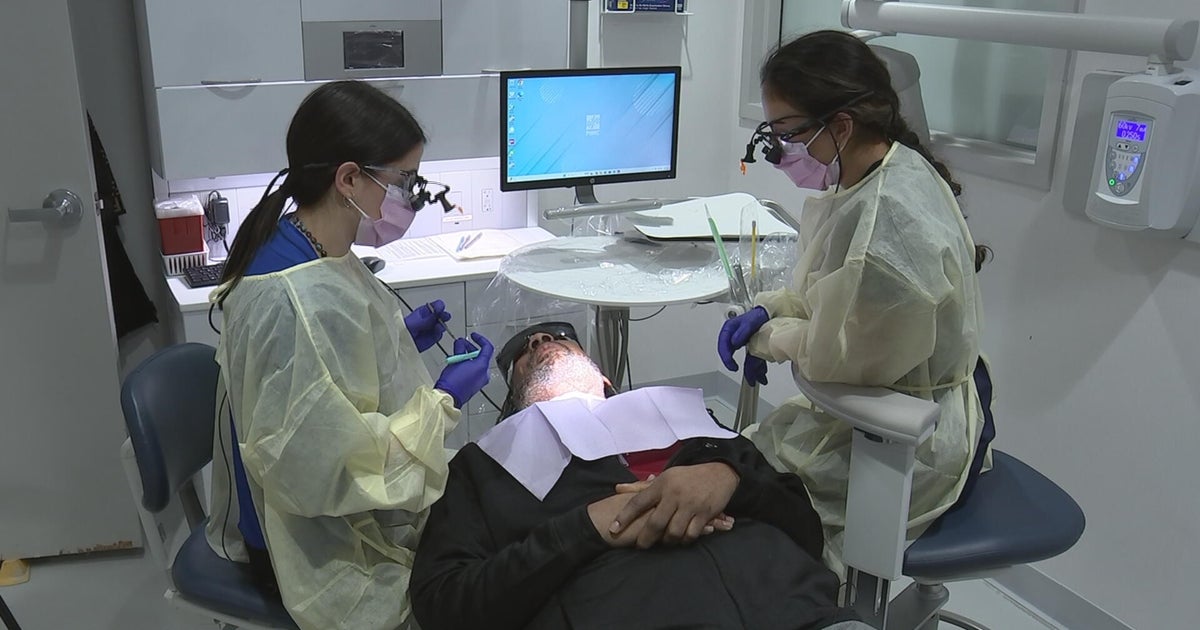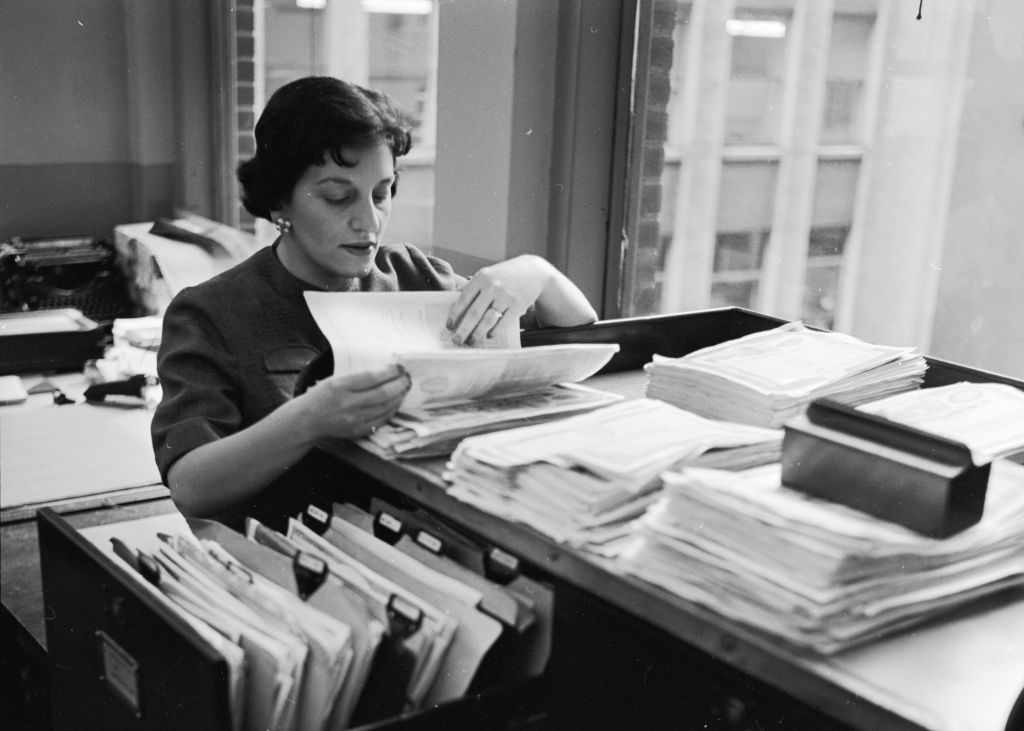After 20 years of darkness, bionic eye helps blind man see
After 20 years of darkness, there is light for a man in Medford, Massachusetts.
A bionic eye implant has helped Anthony Andreotolla gain back some vision. It's not eyesight in the way most people see, but the technology is making a difference in his daily life.
"It's not actual vision. It's what they call artificial vision," Andreotolla told CBS Boston.
He suffers from retinitis pigmentosa, a degenerative eye disease that affects the retina. Andreotolla began to lose his vision in his teens and by his thirties, he couldn't see anything.
"Once everything is black, for many, many years, that was it," he said.
For 20 years he lived in that darkness until he became one of the first people to receive a bionic eye.
How it works
Every day, Andreotolla puts on special glasses and commutes on public transportation to his job in Boston about six miles south of his home.
A tiny camera in the glasses sends images to a wearable computer and then those images are processed and sent wirelessly to an implant in his eye. The implant surgery took place in Baltimore at The Johns Hopkins Hospital.
"I don't see things the way other people do. I see everything in different flashes, lights, shapes," Andreotolla explained.
It's more of a cloudy, black and white vision, he explains.
"I can tell the difference between a car or a bus or a truck. I can't tell you what make the car is," he said.
That vision helps him navigate life more safely.
After his commute, he arrives at his job as a substance abuse counselor at St. Anthony Shrine.
"I have my hope back. Once I lost my sight I was resigned to be blind for the rest of my life. I'm not resigned to that anymore. I believe if I can live long enough, I'll be able to see a lot of beautiful things," Andreotolla said.
The developer of the bionic eye is Second Sight and they're already working on the next generation of bionic eye with faster processing and sharper images.




